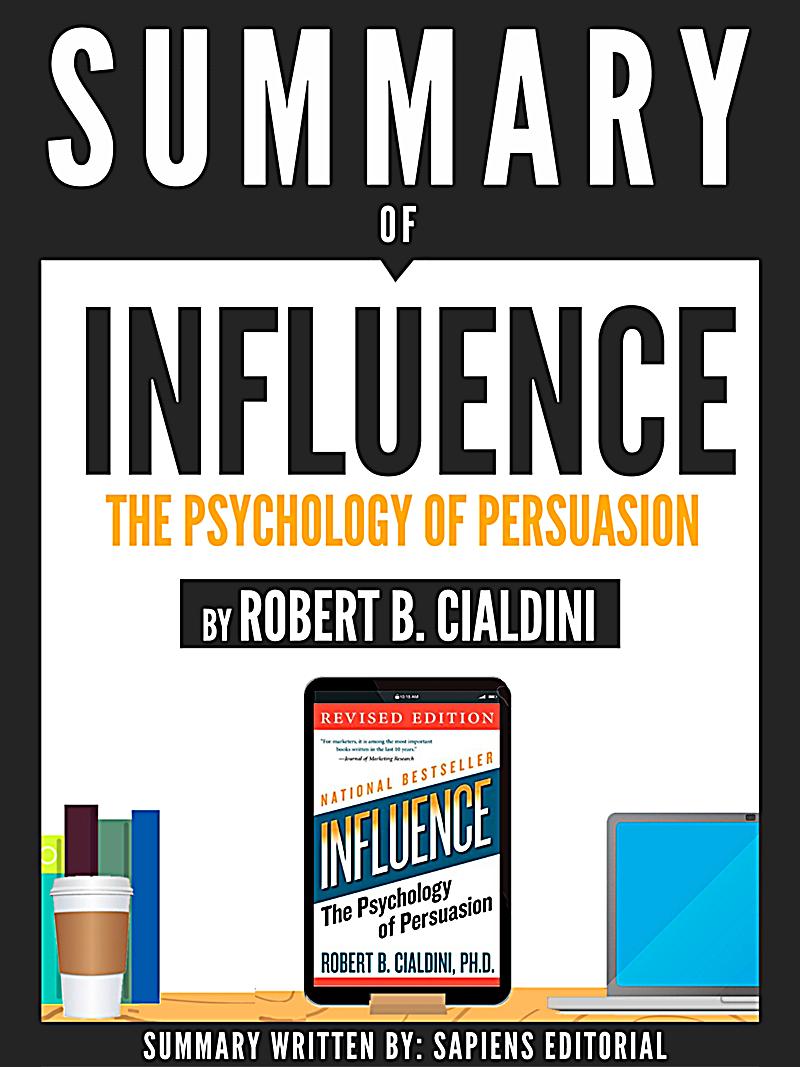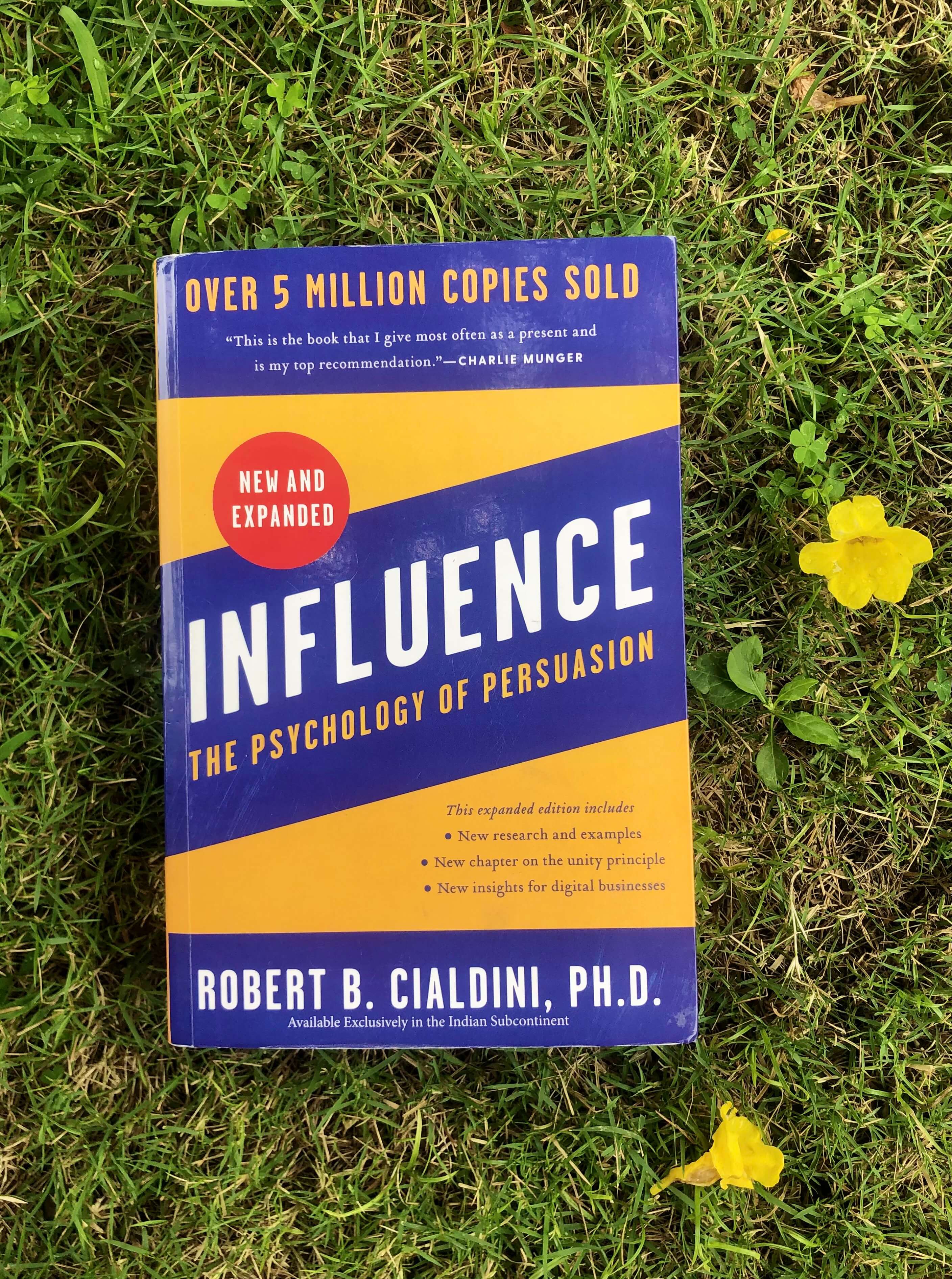

Our patients live in a world that has a crushing amount of information. In addition, the physician could explain how others in society might try to sabotage the patient's efforts. 11 In practice, for example, a physician might begin by asking the patient about his or her goals and then apply the principles of social influence to reinforce the patient's preferences.

These insights are not an invitation to usurp a patient's autonomy any more than anesthesiology is a licence to undermine a patient's independence. The science of social influence provides insights and opportunities for human interactions. We do not review incentives, education, readiness, convenience or other aspects of behaviour medicine. The principles have been verified by research in psychology, are broadly used in society and may apply in medical settings.

In this article we review 7 principles that are fundamental to human nature and that underpin most influence strategies.

Advertising is full of requests for example, “smoke our cigars.” The science of influence examines why a request made in one way is rejected but made in a different way is accepted. Many forces in society work hard to influence behaviour. As a consequence, patients themselves sometimes wish their behaviour would change for the better. 1, 2, 3 In many cases, what patients do for themselves can lead to irreversible medical complications. A patient with tuberculosis, for example, may inadvertently miss taking doses of antibiotics and thereby develop resistant disease or may neglect appointments and thereby not receive necessary follow-up. People sometimes behave in ways that are not in their own best interest. An awareness of these principles can provide a framework for physicians to help patients change their behaviour and to understand how others in society sometime alter patients' choices. These 7 responses were discovered decades ago in psychology research and seem intuitively understood in the business world, but they are rarely discussed in medical texts. Opportunities appear more valuable when they appear less available. Authorities have power beyond their expertise. The image of the requester influences the attractiveness of a request. Peer pressure is intense when people face uncertainty. The drive to act consistently will persist even if demands escalate. A request becomes more attractive when preceded by a marginally worse request. People feel a sense of obligation to repay a perceived debt. THE BASIC SCIENCE OF PSYCHOLOGY HAS IDENTIFIED specific ingrained responses that are fundamental elements of human nature, underpin common influence strategies and may apply in medical settings.


 0 kommentar(er)
0 kommentar(er)
